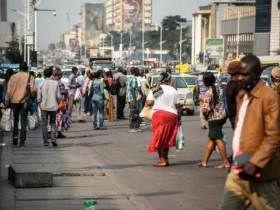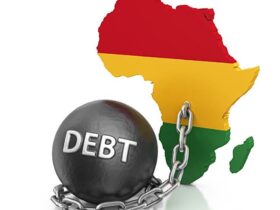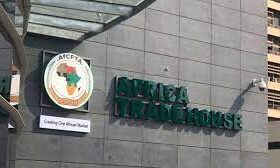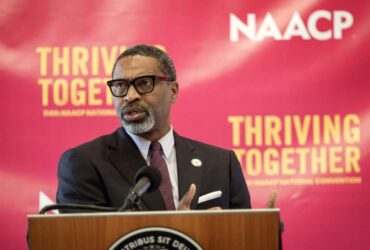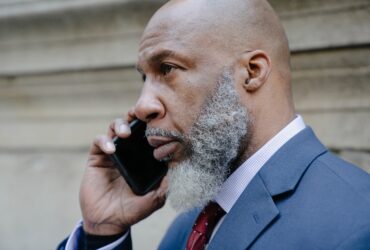NAACP panel tackles venture capital’s role in the racial wealth gap
- 2:40 am
- April 13, 2021
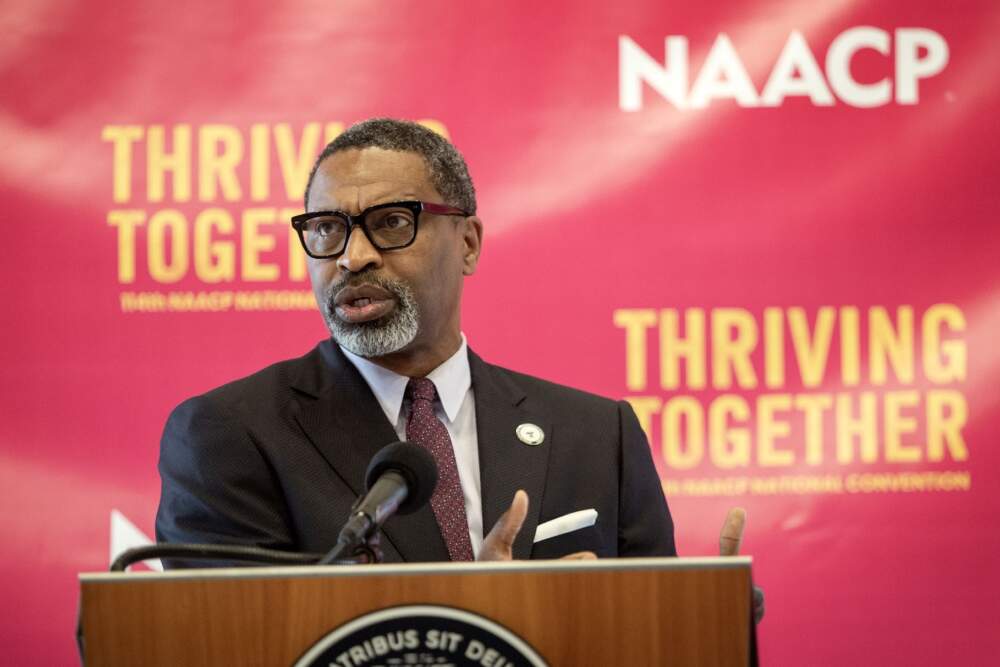

LATEST POSTS
Bostonians are very familiar with a bracing data point: in 2015, the median net worth for White households in Greater Boston was about $250,000, but just $8 for Black households. The story behind that study was complicated, but the spirit remains unpleasantly on point.
Systemic wealth gaps persist. The average household wealth of a White high school dropout is higher than the average household wealth of a Black college graduate. A 2021 Federal Reserve report considering a world in which racial inequality did not exist estimated that Black households would hold five times more wealth in that world than they do now.
Are radical measures necessary to close the gap? Who should be tasked with the job? On the final day of the NAACP national convention, held in Boston for the first time in 40 years, state and Black business leaders tried to get their arms around those questions.
“The first thing we have to do, it seems to be, is to stop accepting that this is just the way it is, that it can’t be changed,” said former governor Deval Patrick in introducing a “Closing the Black Wealth Gap” panel. “Every single policy and personnel decision – from sanctioning human bondage to redlining and credit discrimination, to this hiring and promoting the same folks who went to the same Ivy League schools you did – all of these decisions are decisions we as a society have made, and they are not beyond our capacity to care about and to change.”
You May Also Like
Are there some changes?
Some things have changed, said Sharon Epperson, senior personal finance correspondent for CNBC and moderator of the panel. More Black people are now starting to reach millionaire status, but White Americans are 28 times more likely to become billionaires than Black Americans, she said.
Yvonne Hao, Massachusetts’ secretary of economic development, described a business career in which she was often “the only woman, the only person of color, and sometimes the youngest person.” She now sits on a cabinet where the majority of secretaries are people of color and women, Hao said, also highlighting the Commonwealth’s Black attorney general, lesbian governor, and woman lieutenant governor, and the first woman and person of color to be elected mayor of Boston.
The barriers to building wealth in communities of color are often “big, normal barriers,” Hao said, like difficulty getting bank loans for small businesses, confusion about how to register trademarks, get legal help, or find a strong employee pipeline. Other issues have to do with the Bay State’s booming innovation economy, which is first in the country when it comes to venture funding per capita to startups.
“If you look at where that money goes, it’s shockingly terrible,” Hao said. “We find very few minority-owned founders. And if you talk to them, it’s the same thing: We pitch a lot, but actually, for whatever reason, we just don’t have access to the right funders.”
Derrick Johnson, president and CEO of the national NAACP, said a review of companies that made “George Floyd commitments” to address racial inequality found that only a fifth of the companies followed through. Black venture capitalists also struggle to raise “a pittance” of necessary funding, he said.
The NAACP is preparing to launch a “$100 million raise” program with the Kapor Center, to work with existing Black venture capital fund managers who are performing reasonably well to make sure they can follow through on commitments, he said. A partnership with Beyoncé’s foundation awarded grants starting in 2020 to black businesses.
Other News










